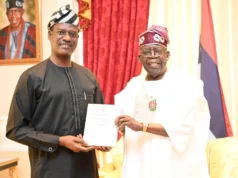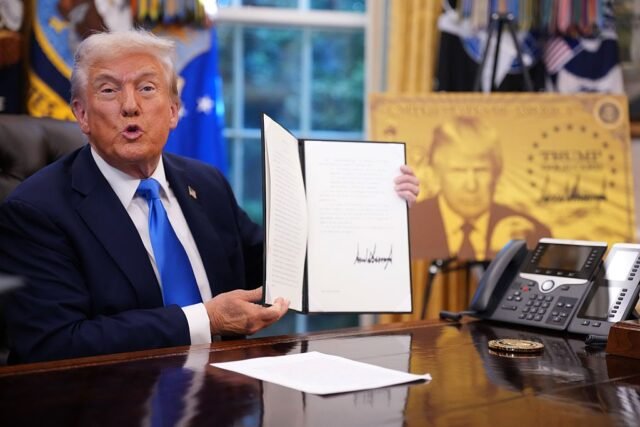
In a sweeping move that has sent tremors through the world of global tech employment, the U.S. administration under President Donald Trump has formalised a new policy requiring employers to pay US$100,000 per year for each H-1B visa they sponsor. Signed into a proclamation, this new fee is meant to apply annually, sharply rising from existing, much lower visa-cost levels. Its aim, officials say, is to make the programme less attractive for companies relying heavily on foreign skilled labour.
Commerce Secretary Howard Lutnick, speaking shortly after the proclamation, emphasised that the United States must prioritise training Americans first. “If you’re going to train somebody, you’re going to train one of the recent graduates from one of the great universities across our land. Train Americans. Stop bringing in people to take our jobs,” he said.
Under the revised rule, which is still being fleshed out, the fee would apply each year of the visa’s duration (often three years, renewable to six). That means employers could end up paying $100,000 annually for each skilled worker they hire through the H-1B route.
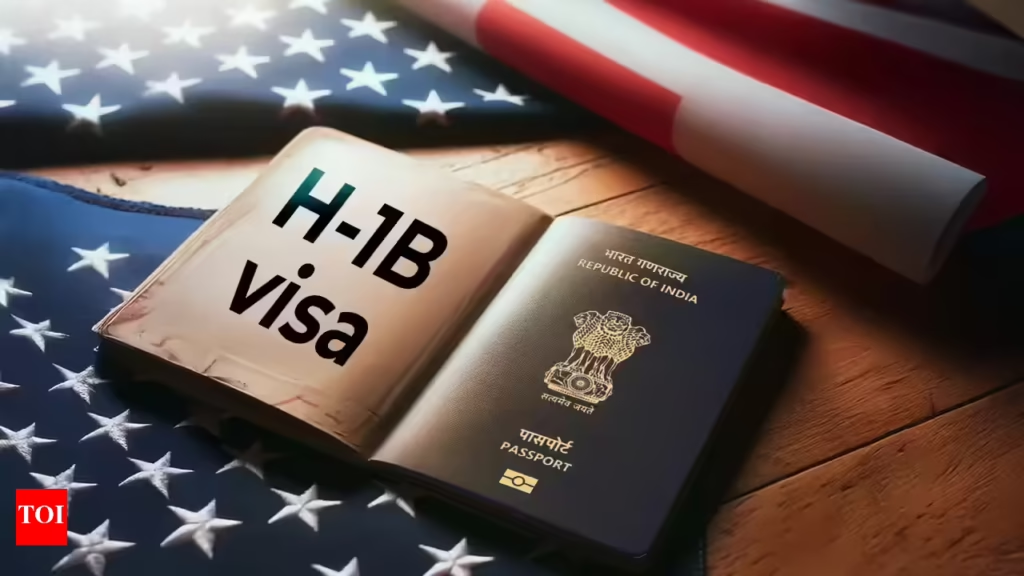
Table of Contents
How this could hit tech firms and global hiring
For Nigeria and other countries supplying talent abroad, the ripple effects may be significant. The technology sector, which often depends on foreign skilled workers—software engineers, researchers, data scientists, etc.—may find the cost of hiring via H-1B becomes prohibitive. Small startups and mid-sized tech companies, especially, could be squeezed the most.
Analysts warn that rather than hiring foreign talent, many companies might relocate operations offshore, automate roles or instead hire only the very top-tier specialists whose value can justify the cost. There is also concern that innovation may suffer in the U.S., as fewer young foreign professionals will see the country as viable, potentially opting for destinations with friendlier visa policies.
Moreover, the change could affect international students. Those studying in the U.S. with hopes to convert temporary training (such as OPT) into H-1B status might find fewer opportunities, as firms reassess their budgets and possibly limit sponsorship to senior or highly specialised roles only.
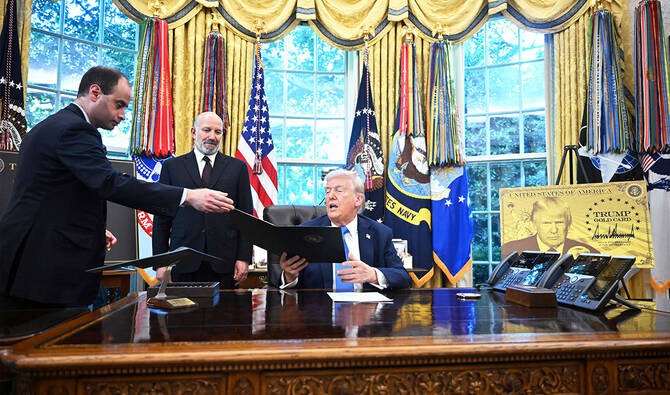
Justifications, criticisms and legal concerns
From Washington, the argument is clear: the United States must defend jobs and wages for its citizens. The administration claims the H-1B system has often been misused, allowing companies to undercut wages or replace American workers with cheaper foreign labour. Raising prevailing wage standards is part of the package.
Critics, however, have responded sharply. Many question whether an executive proclamation can lawfully impose such a steep fee. Under U.S. law, visa fees are supposed to cover adjudication costs, not serve as revenue tools or deterrents. Some critics say this measure could be ruled unlawful in court, according to Reuters.
There is also concern about fairness and global image. Suppose the U.S. suddenly becomes much less accessible for skilled foreigners. In that case, it risks driving talent toward other countries, such as Canada, Europe, or Asia, and losing ground in cutting-edge sectors like artificial intelligence, biotech, and advanced engineering, according to Al Jazeera.
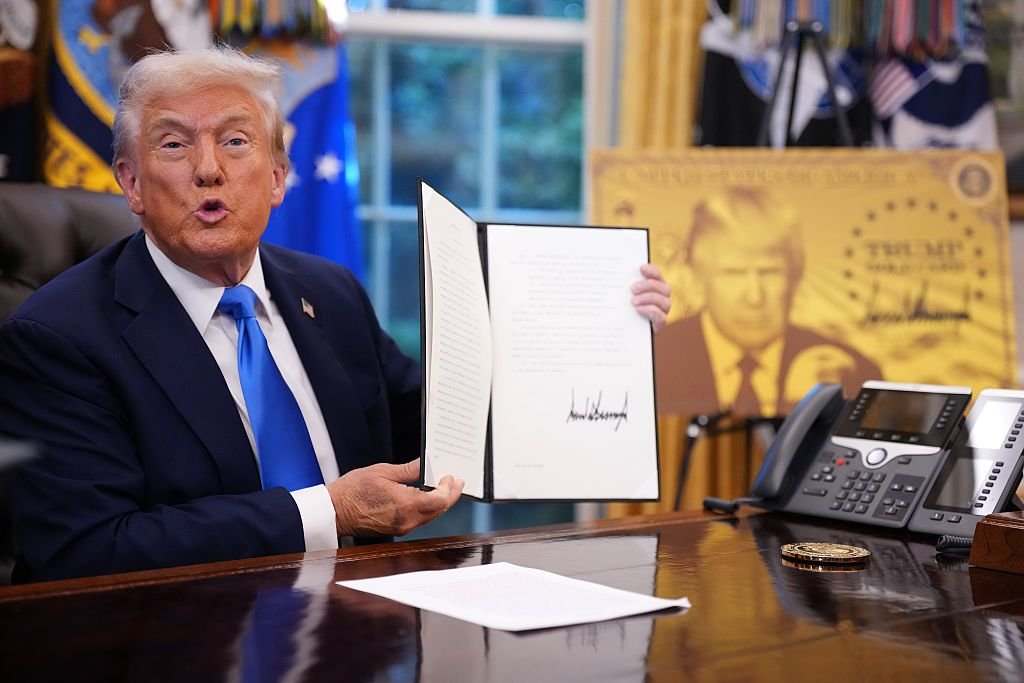
Implications for Nigeria and what to watch
For Nigerians, this new policy may mean fewer routes into U.S. tech jobs unless one has very strong credentials. Many Nigerian graduates and professionals who rely on H-1B to gain global work experience or bring remittances may feel the squeeze. It may also impact local tech firms and service-outsourcing businesses that partner with U.S. firms dependent on H-1B talent.
But there might be opportunities too: countries with more welcoming visa regimes may benefit by attracting high-skill Nigerians who would have otherwise considered the U.S. Also, Nigerian educational institutions might increase their focus on global competitiveness — raising standards, promoting specialisations, ensuring students’ skills align with what foreign markets demand.
Still, this policy is new and its details are not fully worked out. Key questions remain: How will the fee be administered? Will there be exemptions (for certain industries, roles or companies)? Will it survive a legal challenge? These are things to watch.
In sum, the U.S. administration’s decision to impose a US$100,000 annual fee for H-1B visas marks one of the most dramatic shifts in recent immigration policy. It’s a high-stakes gamble: aiming to protect American workers, yet risking deterrence of foreign talent and possible innovation stagnation. For Nigeria and other developing countries rich in skilled graduates, the shift may mean recalibrating expectations and strategies for overseas opportunities.
Join Our Social Media Channels:
WhatsApp: NaijaEyes
Facebook: NaijaEyes
Twitter: NaijaEyes
Instagram: NaijaEyes
TikTok: NaijaEyes
READ THE LATEST EDUCATION NEWS



